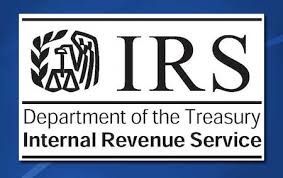For taxpayers other than corporations, the overpayment and underpayment rate is the federal short-term rate plus 3 percentage points.

IR-2013-96, Dec. 9, 2013
WASHINGTON ― The Internal Revenue Service today announced that interest rates will remain the same for the calendar quarter beginning Jan. 1, 2014. The rates will be:
- three (3) percent for overpayments [two (2) percent in the case of a corporation];
- three (3) percent for underpayments;
- five (5) percent for large corporate underpayments; and
- one-half (0.5) percent for the portion of a corporate overpayment exceeding $10,000.
Under the Internal Revenue Code, the rate of interest is determined on a quarterly basis. For taxpayers other than corporations, the overpayment and underpayment rate is the federal short-term rate plus 3 percentage points.
Generally, in the case of a corporation, the underpayment rate is the federal short-term rate plus 3 percentage points and the overpayment rate is the federal short-term rate plus 2 percentage points. The rate for large corporate underpayments is the federal short-term rate plus 5 percentage points. The rate on the portion of a corporate overpayment of tax exceeding $10,000 for a taxable period is the federal short-term rate plus one-half (0.5) of a percentage point.
The interest rates announced today are computed from the federal short-term rate determined during Oct. 2013 to take effect Nov. 1, 2013, based on daily compounding.
Revenue Ruling 2013-25 announcing the quarterly rates will be published in Internal Revenue Bulletin 2013-52, dated Dec. 23, 2013.
 The budget deal that Congress and President Obama struck at the beginning of the year to avoid the fiscal cliff resulted in seven tax increases. If you throw in the six tax hikes that are part of Obamacare, that means there are 13 new taxes that may have hit you in 2013.
The budget deal that Congress and President Obama struck at the beginning of the year to avoid the fiscal cliff resulted in seven tax increases. If you throw in the six tax hikes that are part of Obamacare, that means there are 13 new taxes that may have hit you in 2013.
 Who Must Issue 1099’s?
Who Must Issue 1099’s? 
